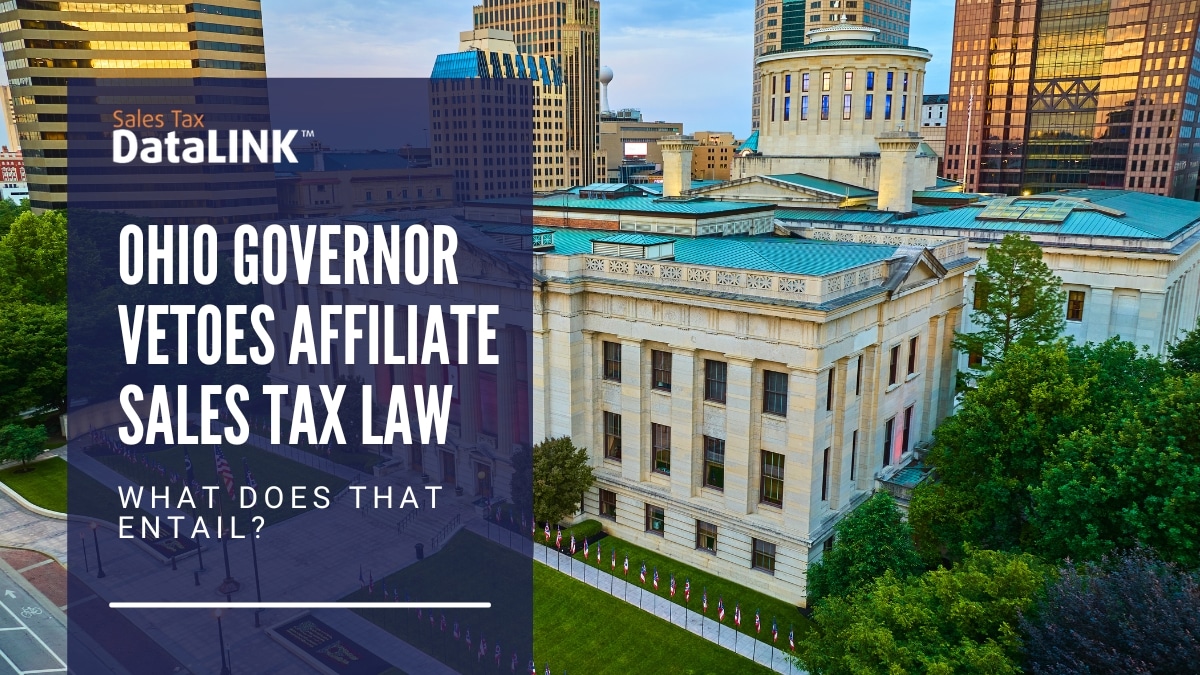On Sunday, June 30, 2013, Ohio Governor Kasich vetoed a click-through provision in the state’s Budget Bill, which also increased sales tax state-wide and decreased revenue from income taxes. The bill also includes provisions to tax digital goods. This move on the part of the Governor was inspired by his thoughts on similar bills signed into law in other states. While we’ll have to wait and see if the state legislature works around the Governor’s veto, Ohioan affiliate advertisers and companies that use affiliates in Ohio can rejoice. The Governor’s veto explains his motivation behind axing that part of the law: Blockquote- This item attempts to mandatorily apply the collection of Ohio sales and use tax to transactions between out-of-state internet retailers and Ohio residents.
Similar items enacted in other states have resulted in extensive litigation without necessarily producing an increase in state revenue. The federal government retains the right to regulate interstate commerce. Without the collection authority being clearly extended to the states for the purpose of out-of-state interstate retailers, the legality of this item is uncertain and problematic. Congress must act before this policy change may become viable. Therefore, this veto is in the public interest. Amazon sued New York State and the case was dismissed, then readmitted, and then ruled in favor of the State of New York in New York’s highest court. It’s been an expensive case, no doubt, costing the state a lot in revenue to fight it. Amazon has canceled affiliate programs with New York residents so New York isn’t seeing more revenue from the new law either.
While this case will probably go before the U.S. Supreme Court, it might take a year or two to be heard, if it is heard at all. So was this a smart decision on the part of Ohio’s governor? Maybe. If Amazon and other affiliate marketing companies have invested a lot of time and money into affiliate programs in Ohio, some companies might well sue Ohio. Amazon is not the only potential litigant. For example, there is the Performance Marketing Association (PMA), which won a case against Illinois when the Illinois Supreme Court ruled that the law was unconstitutional. In terms of revenue, Ohio’s Governor might be on the right track.




